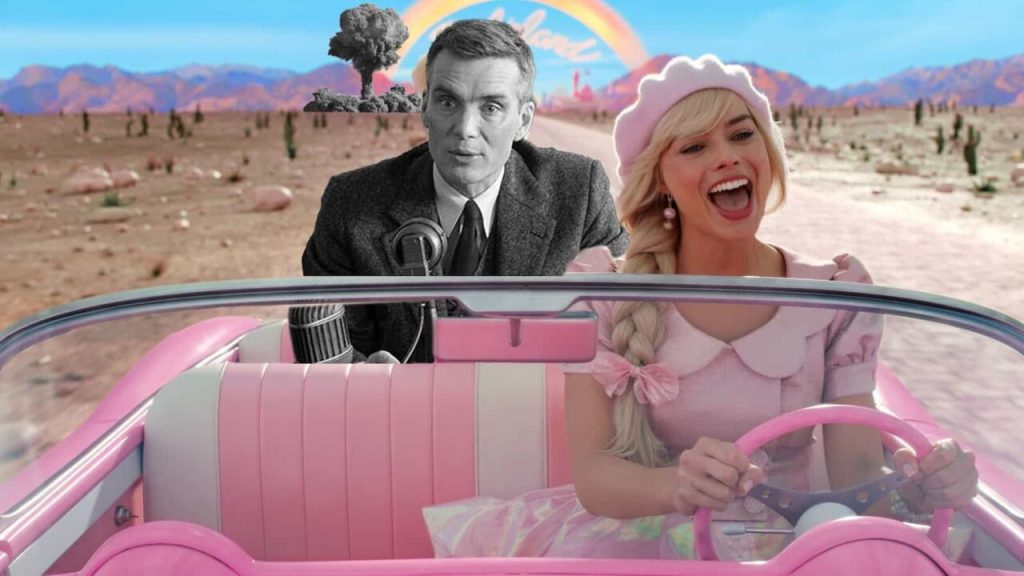Warner Bros. Japan has issued a public apology following an angry backlash in Japan over controversial memes posted by the official U.S. Barbie Twitter account. The posts, which were seen as making light of the atomic bombings of Hiroshima and Nagasaki, caused the hashtag #NoBarbenheimer to trend on Japanese Twitter over the last few days.
The memes featured mashups of Barbie and Oppenheimer films with explosions in the background and Barbie sporting her hair in the shape of an atomic bomb mushroom cloud. Despite public outrage, the @barbiethemovie account reacted positively to these posts, further fueling anger and criticism.
READ MORE: Kevin Spacey’s Feature ‘Control’ Eyeing Theatrical Release in December After His Acquittal
Warner Bros. Japan released a statement of apology on Monday, acknowledging the comments made by the U.S. movie account were “very regrettable” and lacked consideration. The statement, which garnered nearly 30 million views on Twitter, conveyed the seriousness of the situation and requested appropriate measures to be taken by the U.S. headquarters.
Later on Monday, Warner Bros. Film Group in the U.S. issued its own apology, pledging to remove the offensive tweets.
Despite the apology, Japanese Twitter users remained upset with the original posts and the subsequent comments from the Barbie account. Many expressed appreciation for the apology while condemning the insensitivity of the posts, considering the historical significance of the atomic bombings.
The release timing of the ‘Barbie’ film, set for August 11 in Japan, became a point of contention, coinciding with the anniversaries of the atomic bombings on August 6 and 9, respectively. The film‘s association with the story of J. Robert Oppenheimer, the man instrumental in creating the atomic bomb, further heightened the sensitivity surrounding its release.
The impact of the ill-received posts on the performance of both ‘Barbie’ and ‘Oppenheimer’ in Japan’s theatrical market remains to be seen. While Oppenheimer is yet to be assigned a release date, it will likely be set for a respectful interval after the memorial services for the atomic bombings. The extent of the controversy’s influence on the films’ reception will become clearer once they are released in Japan. Despite speculation, it is unlikely that the Cillian Murphy-starring ‘Oppenheimer’ will be banned, as such actions are not common in modern Japanese cinema.
The controversy has shed light on the importance of cultural sensitivity in promotional campaigns, particularly when dealing with historical events of great significance. The incident serves as a reminder for the entertainment industry to exercise caution in their marketing efforts and to respect the cultural sensitivities of their global audiences.
